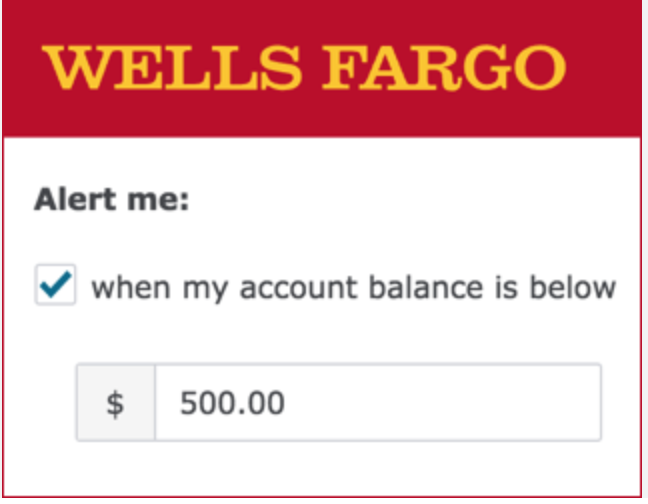Internet Scammers Create False Identities
Internet romance scams are a form of online fraud where criminals create fake identities online to win the trust and affection of their victims. These scammers often use social media or dating platforms to connect, quickly building a false sense of intimacy and trust. Their ultimate goal is to manipulate victims emotionally and financially.

Romance Scammers Want You Trust Them Instantly
Typically, scammers will push for a relationship to progress rapidly, often declaring love or proposing marriage. They might even promise to meet in person, but that meeting will never materialize. Instead, they’ll eventually ask for money, often citing emergencies like medical bills or legal fees.
Perpetrator’s Work History Is Usually In Another Country
A common tactic is claiming to work in the building or construction industry on projects abroad. This narrative helps explain their inability to meet and provides a convenient excuse for their financial requests. These individuals are skilled at seeming genuine, caring, and trustworthy, making their deception difficult to detect.
Successfully Get Confidential Details From Victims
Another red flag is when someone you’ve met online asks for your bank account details, claiming it’s to deposit money. In reality, they may use your account for illegal activities, putting you at risk of financial and legal trouble.
Regrettably, Financial Information Is Given Too Freely
To protect yourself, stay cautious when forming online relationships. Avoid sharing personal or financial information with anyone you haven’t met in person, and remain skeptical of requests for money, no matter how convincing the story may seem. Recognizing the warning signs of romance scams can help safeguard your heart and your wallet.
Resources To Catch Cocky Romance Scammers
The best place to report any romance scam online is to go to https://www.ic3.gov/. Forms can be filled out and sent to the appropriate departments. Although some say that your money is just gone, you can hope for a silverlining by reporting to the FBI. Should you have any cyber crimes to report, that remains the number 1 place for reporting online crimes.
Extended Reading
CNBC helps readers learn how to check the validity of scammers by doing a reverse image search and alerting the to recognize the tactics that fraudsters use.



